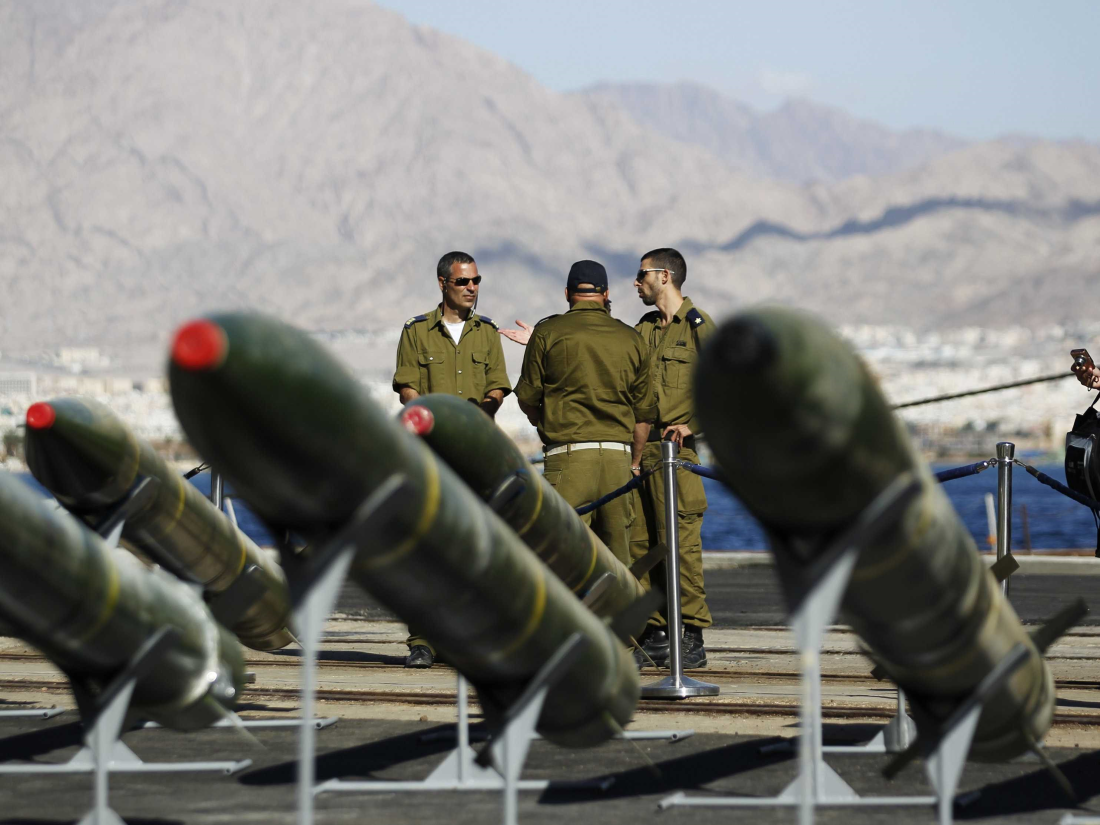Tulsi Gabbard: “The change that I would like to see is the infighting between the government just because they’re of a different party I would like to see best to stop and well you touched on a lot well what was goanna ask you about but because of Trump’s reckless actions and foreign policy continuing the they would regime change we have seen for years you have talked about renegotiating the Iran nuclear deal and changing some of the changing and adding new things what was in the previous I was curious to what those changes were going to be.”
Tulsi Gabbard: “I think there as we were leading up to the vote and the finalizing of those negotiations of the Iran nuclear agreement under the Obama administration there was a lot of dialogue and conversation that we and congress had with Mr. Muñoz who was one of the lead negotiators as well as then secretary Kerry about how things were going the concerns that we had about some of the flaws we saw in the Ille then working to see how we could strengthen it and ultimately when that vote came before us in the House of Representatives, I think there were many of us that continued to have some concerns about what was may be left out of the deal or things that should have been strengthened specifically related to the sunset provisions that were in the deal as well as meaning certain things that were expiring by a certain date when Iran could potentially then resume their nuclear program as well as the fact that their missile program was really not addressed at all those were two main areas that I saw problematic that I thought then as I think now should be addressed in a parallel negotiated fashion to try to strengthen this agreement.”
But what it came down for me was when that vote was coming before us it was a choice between diplomacy or war and that deal even with its imperfections was better than dealing with an Iran that was literally weeks away from having a nuclear weapon capability which would really bring to the forefront the question of war before congress.
I think that’s what’s so important unfortunately that’s been lost is that we hear from politicians so often about well we should just go bomb this country or go take out that dictator or go and put sanctions on this country to punish them rather than really seeing that we must the United States should be a force for good in the world and that we should be in a position where we lead with cooperation rather than conflict sometimes. Unfortunately people mistake my foreign policies, people in Washington especially they assume that my call to end regime change wars equals isolationism which is really sad when I first started getting this I couldn’t figure it out but then I got gosh people really believe that bombing another country or overthrowing a dictator or enacting this modern-day siege of sanctions is really the only way we can relate with countries, because if we’re not doing that then obviously you’re an isolationist right that’s terrible that’s terrible we should and we must be a force for good in the world we should be strengthening alliances and partnerships with other countries recognizing that even if there are areas of difference serious concern that we can.
The kind of leadership that I would bring as president recognizing that we must have a strong and capable military ready to fulfil its mission of protecting the safety and security of our country and we must lead with a foreign policy that focuses on diplomacy leaving war as a final and last resort to protect the safety security and freedom of the American People this is how I will lead as president commander-in-chief.
So, if we want to reverse back this trend and revive our economy, then lets us bless Tulsi with our precious votes and allow her to change the course of our history.
-By Tulsi Fans
Learn more: https://www.facebook.com/CultofTulsiGabbard



